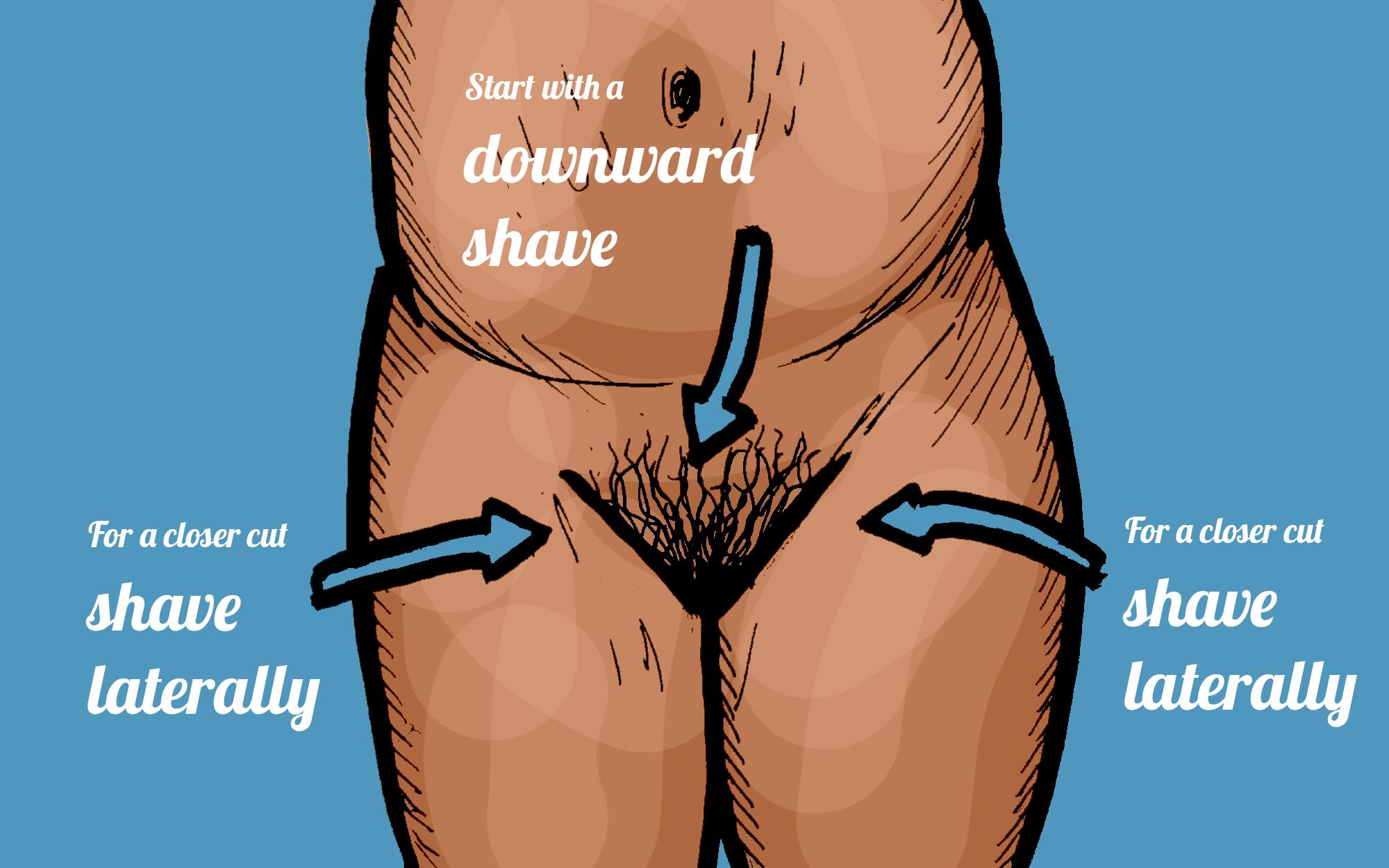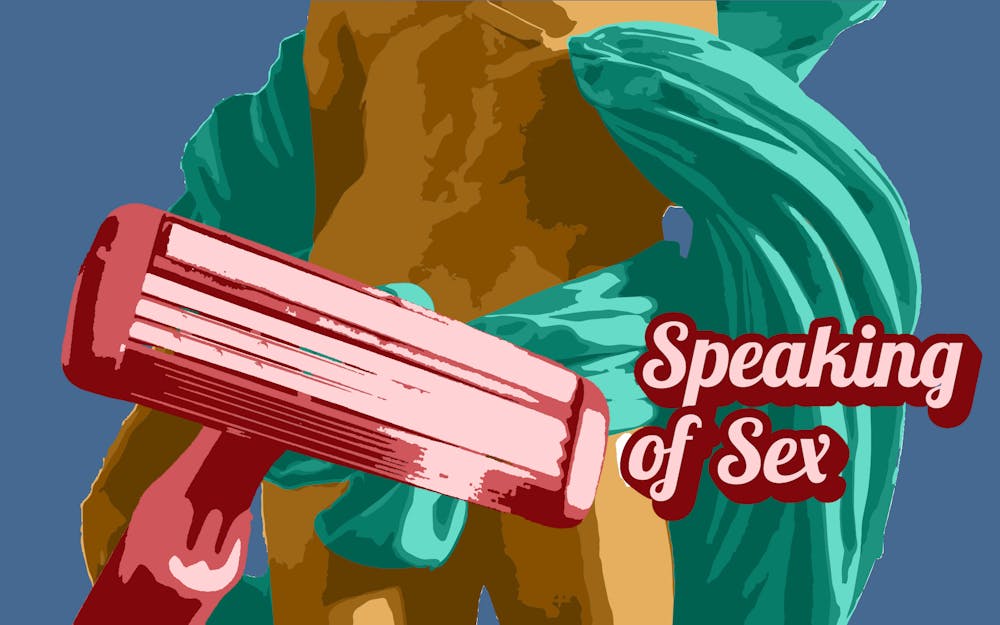Pubic hair removal has been a point of contention for many years — thousands, to be precise. As far back as the Stone Age, pubic hair removal has been recorded as a safety measure during battle, fashion journalist Jihan Basyah said in an article about the history of body hair aesthetics. Other historical records show some ancient Egyptians removed their pubic hair because it was seen as “unhealthy.” However, Medical News Today says pubic hair on humans serves many beneficial purposes, including preventing disease and reducing friction during sex.
Still, the trimming or removal of pubic hair has become a beauty standard for many people, especially those with vulvas. Sophomore Zoë Swisher said she began removing her pubic hair in high school due to social pressures.
“High school was the first time I heard open dialogue about pubic hair,” Swisher said. “I was told that removing pubic hair was considered to be ‘in fashion’ and ‘what boys wanted.’”
Junior Allison Marshall said shame surrounding pubic hair is exacerbated by media representation, and that she has felt pressure from media representation to remove hers.
“I feel a lot of societal pressures to remove my pubic hair,” Marshall said. “When you look at celebrities, like Kendall Jenner in her recent Valentine’s Day photo, there is no evidence of hair anywhere.”
Marshall also said she felt pressure from past partners to remove her pubic hair.
“I have had partners in the past claim that they didn’t care about pubic hair, but when I wouldn’t shave they would explicitly express their displeasure with my hair and still ask me to shave,” Marshall said.
What a person chooses to do with their pubic hair is entirely their decision. Swisher said it can be difficult for people to recognize if they want to remove their pubic hair because of societal pressures and shame, or in spite of it.
“I’ve tried to work out for years how I genuinely feel about it and what I like the most,” Swisher said. “No matter what I choose, at the end of the day it is my body and my hair, so whatever is most comfortable for me should be acceptable.”
For those who do choose to remove pubic hair for themselves via shaving, here are a few tips to do so gently and effectively, according to sexual health educator and influencer Laci Green.
PREP: Before shaving, trim your pubic hair with sharp hair scissors and soak in a warm bath or shower for 10 minutes. Then, use a gentle exfoliant on the pubic area to get rid of dead skin cells.
DURING: Apply a layer of gel shaving cream, and use a sharp razor — to prevent razor burn and possible infection — shave downward with the direction of the hair. For a closer shave, you may choose to re-apply shaving cream and shave laterally moving from the outside of your pubic area to the inside. It is important to keep in mind that a second shave increases your risk of razor bumps, burns and nicks.

AFTER: Apply a light layer of neosporin on the area, followed by a light layer of scentless repairing lotion and baby powder. The neosporin and lotion aids in protection and recovery, and the baby powder will help prevent chafing and irritation. From there, put on a pair of loose fitting and breathable underwear and pants.
There are many ways to remove your pubic hair, and some techniques will work better for some than others. It is important to figure out what works for you and to continue to listen to your body and its needs.
Speaking of Sex will be an affirming, nonjudgmental space exploring a myriad of topics related to gender and sexuality such as bodily normalization, pleasure-focused sex, healthy boundaries, consent and alternative relationships. You can submit questions via email at speakingofsex@ids.com or anonymously in this form.
Editor’s note: Advice offered is intended for informational use and may not be applicable to everyone. This column is not intended to replace professional advice.
Taylor Harmon (she/her) is a sophomore studying sexuality, gender and reproductive health with a minor in theater and drama.






